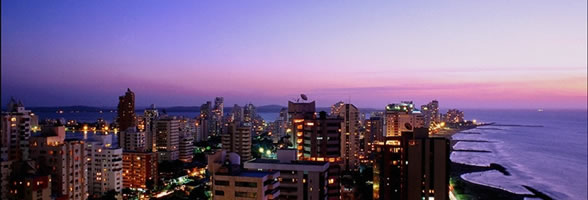
TENSIONS IN BURKINA FASSO BUT NOT EVERYONE IS READY FOR A REGIME CHANGE. AT LEAST NOT RIGHT NOW.
22/04/2011 01:222 days ago I came across a young, tall, beautiful and very smart young lady from Burkina Fasso at a social gathering in Los Angeles. I’m not sure how we started, but we all of the sudden found ourselves engulfed in
a conversation regarding her respective country.
She’s not totally against a regime change in Burkina Fasso, she’s just against an immediate one.
She does not believe that the opposition parties have what it takes to run her country and she’s absolutely against the idea of a new government to come in and start corrupting and enriching themselves.
She said ” Blaise is been is power for 23 years now…he stole enough money for himself and his entourage. I believe he’s no longer hungry and will turn his attention to nation building ”
Formerly Upper Volta, Burkina Faso has spent many of its post-independence years under military rule.
After taking power in a 1983 coup, Thomas Sankara adopted a policy of nonalignment, developed relations with Libya and Ghana, and gave the country its present name, which translates as “land of honest men”.
In 1987 Mr Sankara was overthrown and then executed in a coup masterminded by Blaise Compaore, who has since instituted a so-call “multi-party system”.
Burkina Faso has faced domestic and external concern over the state of its economy and human rights, and allegations that it was involved in the smuggling of diamonds by rebels in Sierra Leone.
Troubles in neighboring Ivory Coast have raised tensions. Ivory Coast has accused Burkina Faso of backing rebels in its north, a claim denied by Ouagadougou, which accuses its neighbor of mistreating Burkinabes living in Ivory Coast.
He has become a regional power-broker, which has surprised some critics as UN reports said Mr Compaore supported insurgents during Sierra Leone’s civil war, which ended in 2002.
He has served as a key mediator in the region, involved in the Ivory Coast peace process and moves to restore civilian rule in Guinea.
Born in 1950 and trained as a soldier in Cameroon and Morocco, Blaise Compaore served under Thomas Sankara as minister of state to the presidency, before deposing and executing him in 1987.
He disarmed local militias and, despite his reputed left-wing leanings, embarked on a program of privatization and austerity measures sponsored by the International Monetary Fund. After officially rejecting socialism he was elected president unopposed in 1991.
The president exercises executive power, appoints the prime minister and keeps a tight hold over the military and government bodies. He portrays himself as the guarantor of political stability and economic progress.
His current term is supposed to be his last but there have been suggestions that he is preparing to change the constitution to remove limits to the number of terms a president can serve.
The Ministry of Communication and Culture regulates the media. Despite practicing self-censorship many media outlets, particularly private ones, are often critical of the government.
Some journalists are reported to have been threatened or arrested. Inquiries into the 1998 killing of the well-known and respected newspaper journalist Norbert Zongo have yet to bring to book those responsible.
IPod Touch 4th Generation
Touch 4th generation
Tags:
—————
